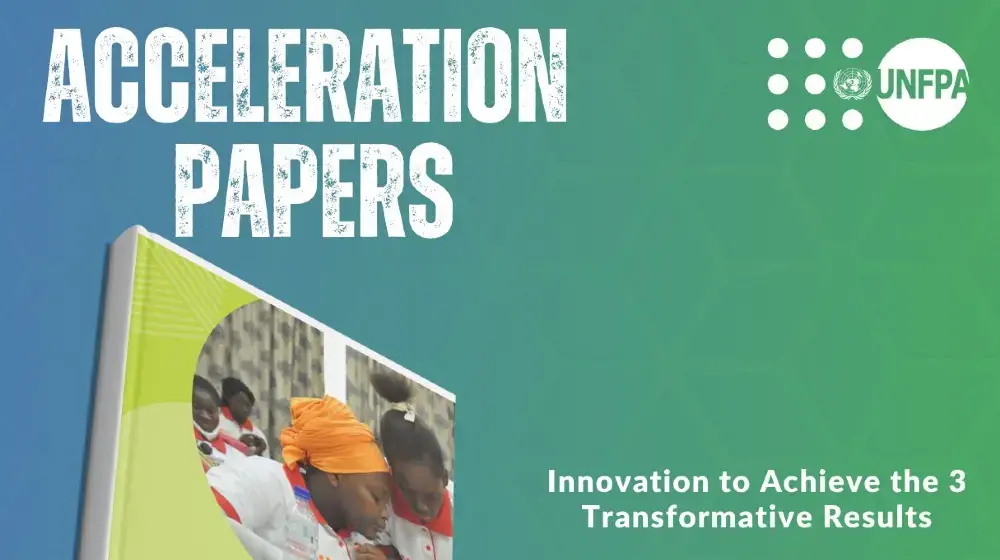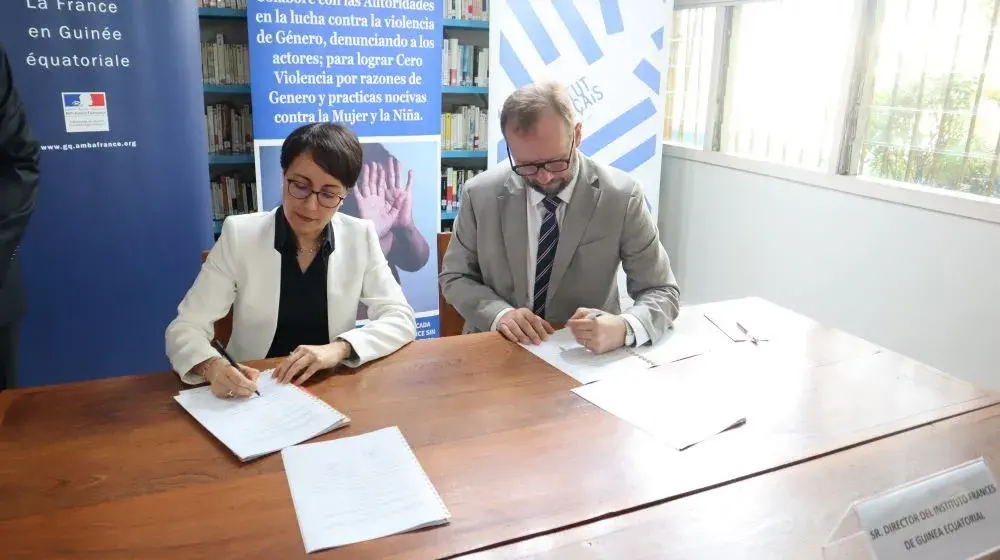UNITED NATIONS, New York - “We want to stress the fact that youth cannot and will not be ignored. We may be young, but we have experienced female genital mutilation. We know how it feels. We understand it. Ending it is a battle we can win. It can end with us. We are ready for action.”
This was the voice of Aissata Camara, one of the young participants invited to take part in a side-event on the role that governments and civil society can play to empower young people to end female genital mutilation/cutting (FGM/C). Part of this year's Commission on the Status of Women, the event was co-hosted by UNFPA, the Permanent Missions of Italy and Burkina Faso to the United Nations, UNICEF and UNESCO.
Moderated by UNFPA Deputy Executive Director Kate Gilmore, the panel broke with convention and placed emphasis on hearing the testimonies of young people and the vital role they are playing in putting an end to the practice. Participants heard from an array of young leaders, including Guinean sisters Aissata Camara and Mariama Camara- Petrolawicz, co-founders of the “There is no limit Foundation”, and Zahra Abdi Mohamud, a member of UNFPA’s youth network Y-PEER from Somalia. Their contributions clearly spelt out that young people want change, and that more young girls must be able to say proudly that they have not been cut.
The interventions of government representatives, and the sheer buzz at the UN surrounding the event, demonstrated that the political commitment required to eliminate the practice exists, in both donor and partner countries. Their powerful statements were reinforced by the contributions from the younger speakers.
The event came at a crucial time as the first phase of the UNFPA/UNICEF Joint Programme has concluded and received a positive evaluation. The two agencies are now ready to scale up their activities based on what they have achieved since they began their partnership on this issue in 2008. It also illustrated the truly global nature of the task at hand, as many countries that commit development assistance to ending the practice abroad are also facing it at home. In the UK, for example, it has been calculated that around 25,000 girls of Somali origin alone are at risk each year.
The UK’s commitment to ending FGM/C was particularly noteworthy, with the launch during last year’s Commission of a 35 million-pound programme, and a new research programme last week. In addition, a representative from the government of Uganda reiterated her government’s full support for the abandonment of FGM/C in this generation.
In her opening and closing comments Kate Gilmore emphasized how FGM/C is more than a medical issue, for at its heart lie the human rights of girls and young women to lead healthy and empowered lives in control of their own bodies, and as active members in society.
Among a host of other speakers from governments were Madame Chantal Compaoré, First Lady of Burkina Faso and President of the Global Campaign to Ban FGM/C, Mrs. Teresa Bellanova, Italian Minister Delegate for Equal Opportunities and Gender Issues, and Mrs. Lynne Featherstone, Parliamentary Under-Secretary of State for International Development from the United Kingdom. The governments of Australia, Burkina-Faso, Kenya, Portugal, Somalia and Uganda were also represented and voiced their strong support on the issue, along with experts from the NGO community.



